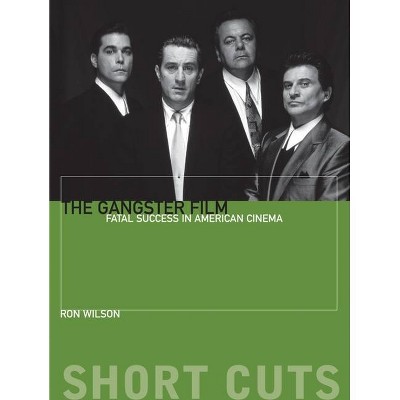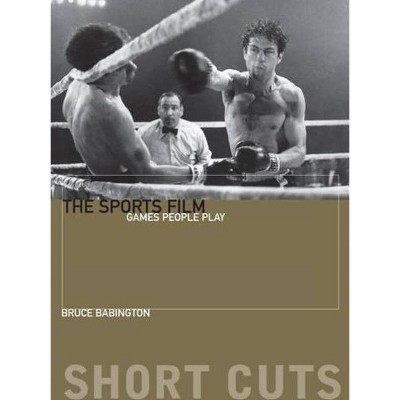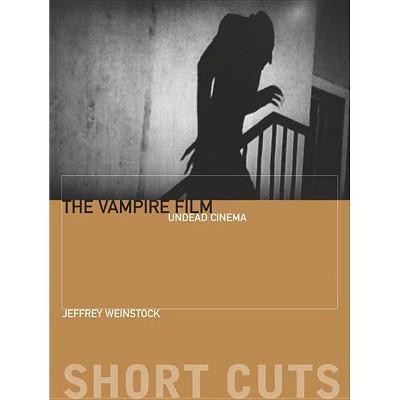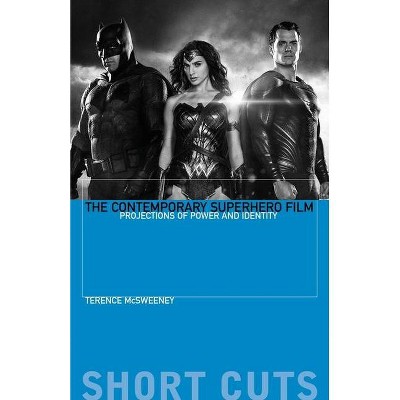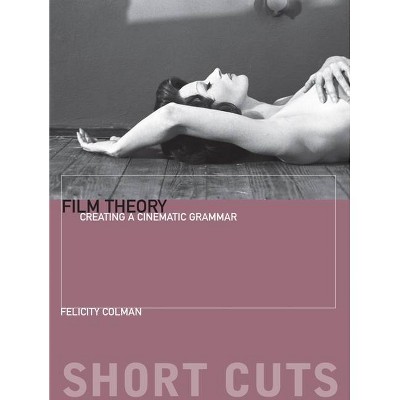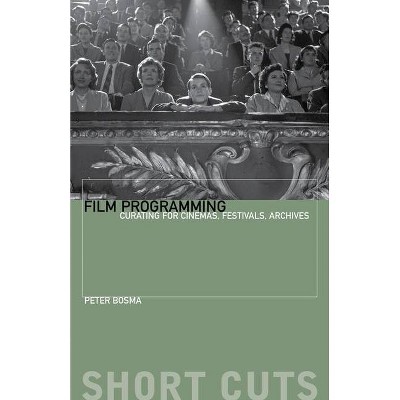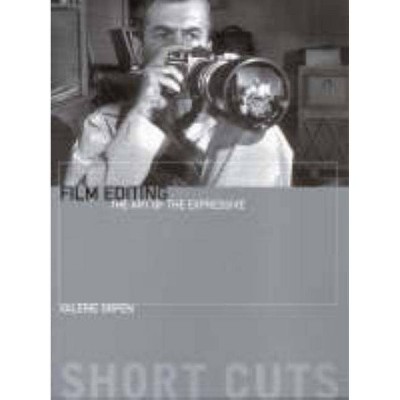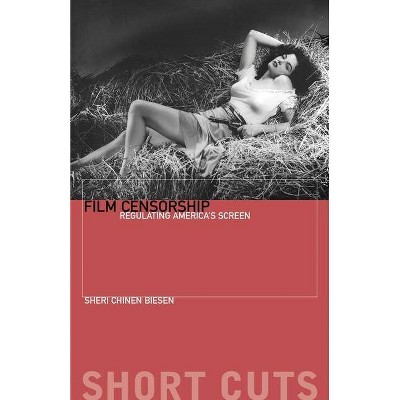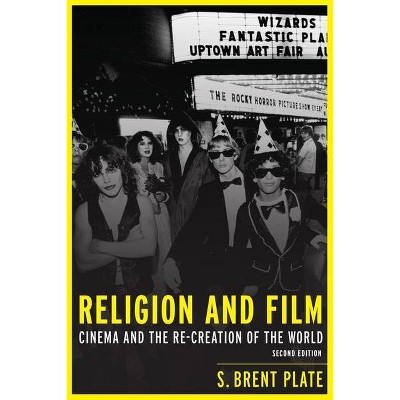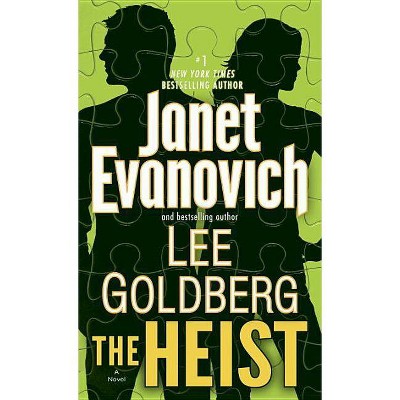The Heist Film - (Short Cuts) by Daryl Lee (Paperback)
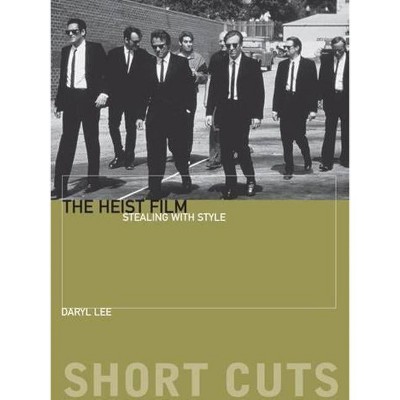
Similar Products
Products of same category from the store
AllProduct info
<p/><br></br><p><b> Book Synopsis </b></p></br></br>A concise introduction to the genre about that one last big score, <i>The Heist Film: Stealing With Style </i>traces this crime thriller's development as both a dramatic and comic vehicle growing out of film noir (<i>Criss Cross</i>, <i>The Killers</i>, <i>The Asphalt Jungle</i>), mutating into sleek capers in the 1960s (<i>Ocean's Eleven</i>, <i>Gambit</i>, <i>How to Steal a Million</i>) and splashing across screens in the 2000s in remake after remake (<i>The Thomas Crown Affair</i>, <i>The Italian Job</i>, <i>The Good Thief</i>). Built around a series of case studies (<i>Rififi</i>, <i>Bob le Flambeur</i>, <i>The Killing</i>, <i>The Lavender Hill Mob</i>, <i>The Getaway</i>, the <i>Ocean's</i> trilogy), this volume explores why directors of such varied backgrounds, from studio regulars (Siodmak, Crichton, Siegel, Walsh and Wise) to independents (Anderson, Fuller, Kubrick, Ritchie and Soderbergh), are so drawn to this popular genre.<p/><br></br><p><b> Review Quotes </b></p></br></br><br>The most sustained analysis of this neglected genre to date. This volume lifts the big caper or heist film from the generic limbo in which it has for too long languished. It deftly demonstrates the heist film's dual generic function as anti-insititution social message and as ongoing address about the place of art in society.--Barry Keith Grant, Brock University<br><p/><br></br><p><b> About the Author </b></p></br></br>Daryl Lee is Associate Professor of French at Brigham Young University where he teaches courses on nineteenth-century French lyric poetry, the city, and urban culture in film, literature, and film theory.
Price History
Price Archive shows prices from various stores, lets you see history and find the cheapest. There is no actual sale on the website. For all support, inquiry and suggestion messages communication@pricearchive.us
